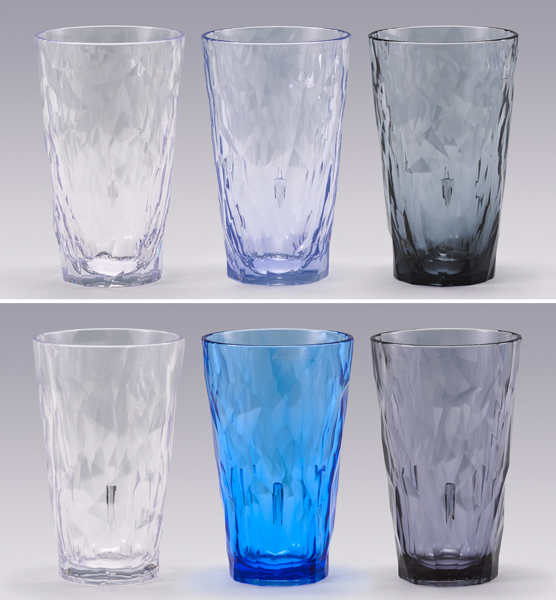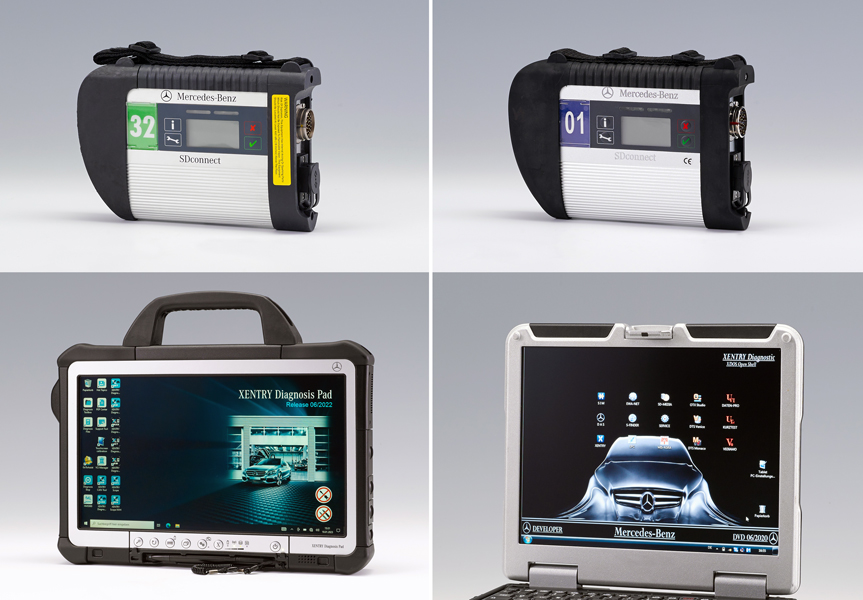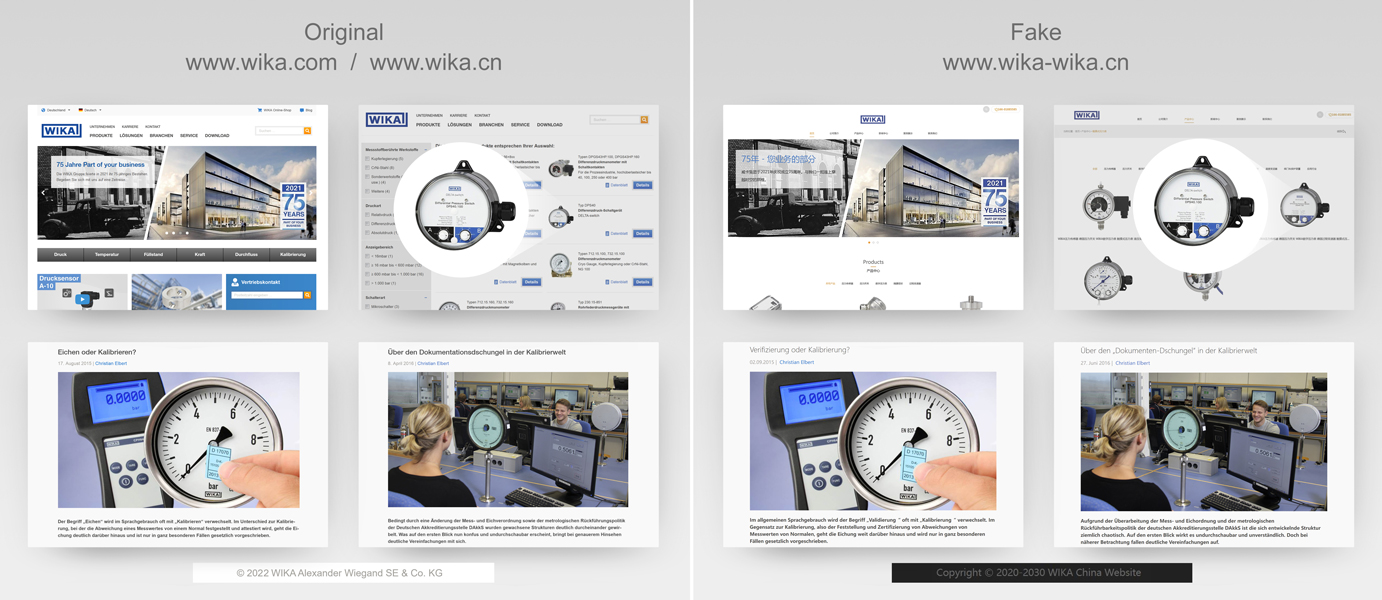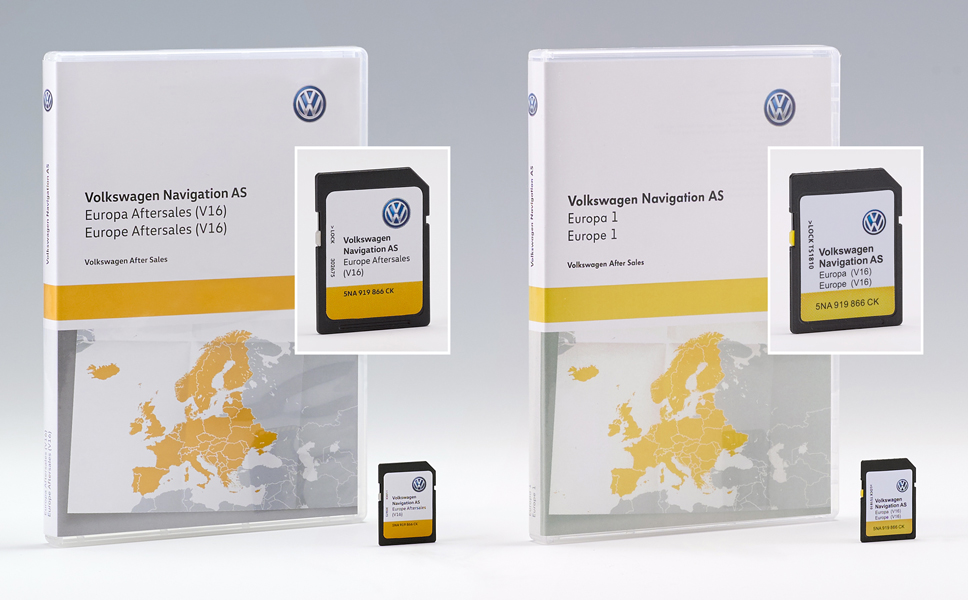The first place of the 2023 Plagiarius negative award went to a German furniture retailer that sold a copy of the shelving system Link across Europe (see article photo above). According to Aktion Plagiarius, the design of the imitations is a copy of an original created by Hamburg-based Studio Hausen; but glaring quality deficiencies would be evident. The copy only uses tropical mango wood of inferior quality instead of FSC certified solid wood, and the cheaply manufactured hangers are bent. On the positive side, the furniture retailer showed understanding and stopped selling the copies. “This is a cheap, fast business with the fakes,” commented designer Jörg Höltje, founder of Studio Hausen.
|
|
The second prize was awarded to a company from Turkey for copying glassware of the Club Superglas series of the Hessian manufacturer koziol »ideas for friends. While the imitators had copied koziol’s design and concept, the craftmanship left much to be desired, Plagiarius stated. Copies of koziol products had previously been awarded the negative prize too; most recently last year, when an imitation of a design-award-winning reusable cutlery set from koziol made first place at Plagiarius 2022. |
|
|
Finally, the third prize went to a company from Fellbach in the Stuttgart area for a copy of a vehicle diagnostic system from the Stuttgart-based car manufacturer Mercedes‑Benz. The copy was offered on a website and via eBay. In this case, discovering the counterfeit had also triggered a civil legal verdict for trademark infringement. |
|
|
In addition to the three main prizes, special prizes were awarded too. One of these three special prizes concerns not a copied product but an attempted theft of an online identity of the original manufacturer, the Bavarian-based WIKA Alexander Wiegand. Carrying a copyright notice labeled “WIKA China Website”, an imitation presented itself as the alleged Chinese version of manufacturer WIKA’s website. |
|
|
Another special prize was awarded, for example, to an imitator who actually put the fake on the market before the original was introduced: a company from Gdansk, Poland, had offered an imitation of a Volkswagen navigation SD card on eBay as early as three months before its release date. |
The Plagiarius negative prize, awarded since 1977, is intended to create public awareness of the dubious business practices of product copies and brand misuse; and to raise awareness of imitations and counterfeiting. However, the Plagiarius does not want to judge whether a particular product is actually permitted or forbidden ina legal sense.
As part of this year’s awards, the impact of influencers was also highlighted, among others: Reportedly, so-called dupe influencers would facilitate the sale of counterfeits and copycat products on social media by promoting imitations on Instagram, YouTube, or TikTok, for example. Some months earlier, research published by the American Apparel & Footwear Association (AAFA) had showed that counterfeit products were promoted on the Web by a growing number of social media influencers. The report also illustrated some of the methods used by these dupe influencers to encourage their followers to buy counterfeits.








